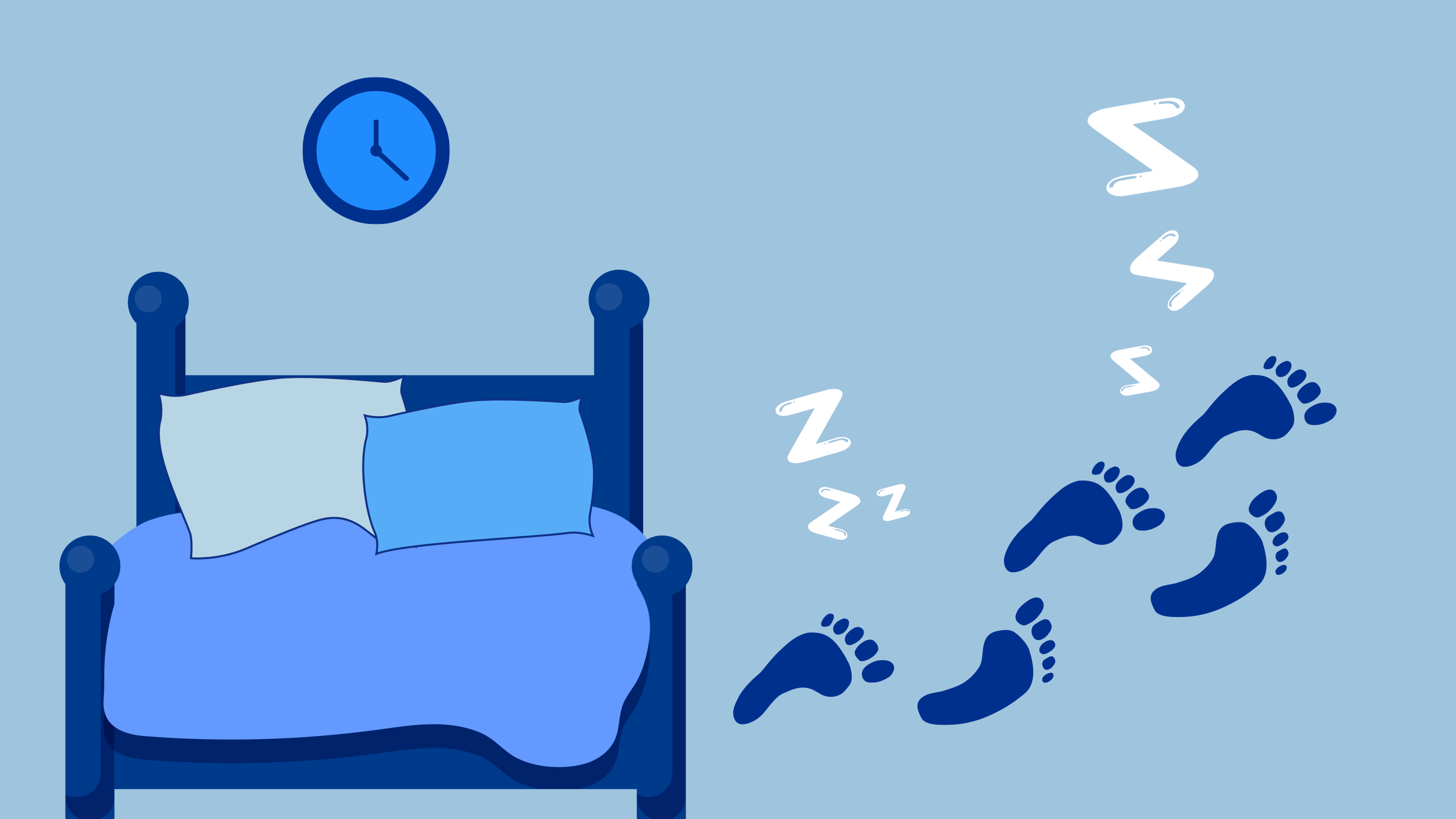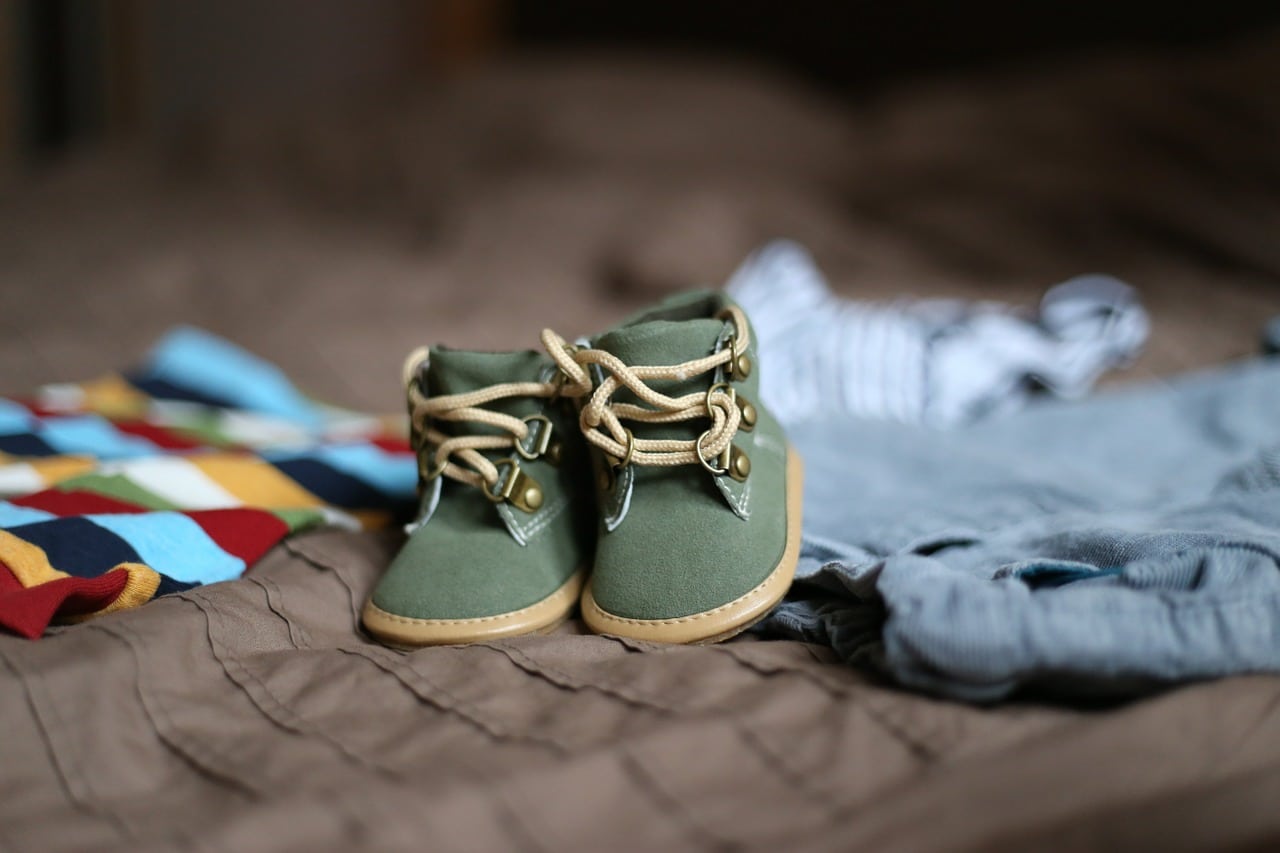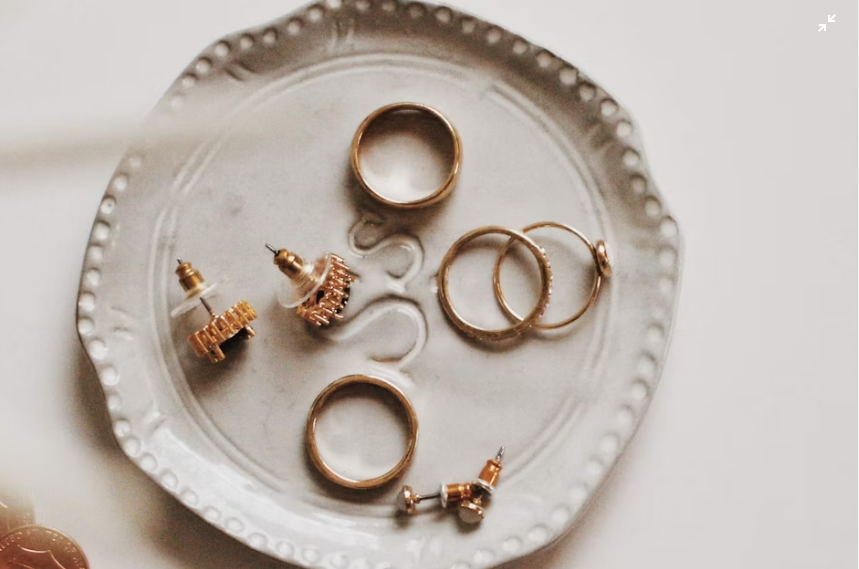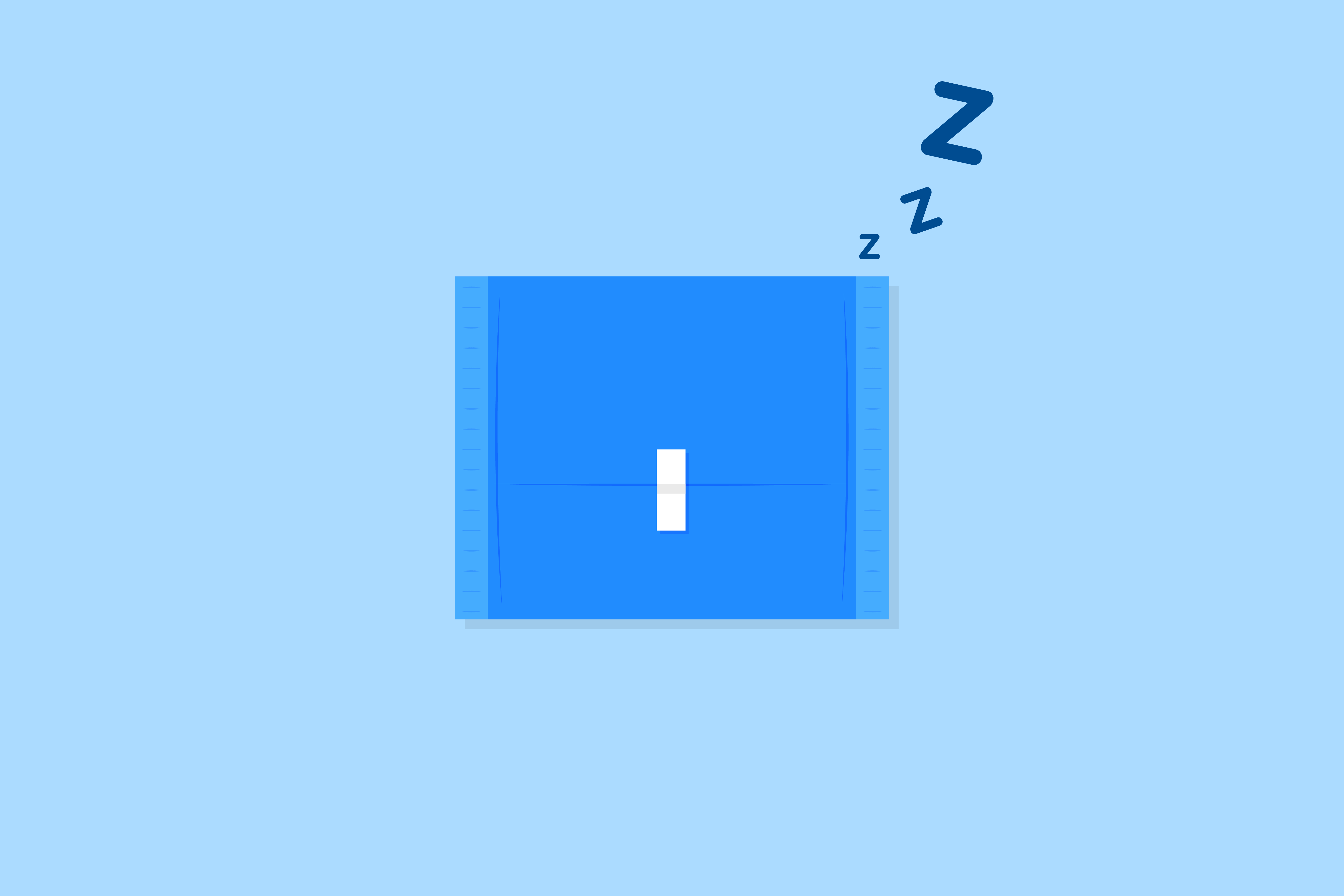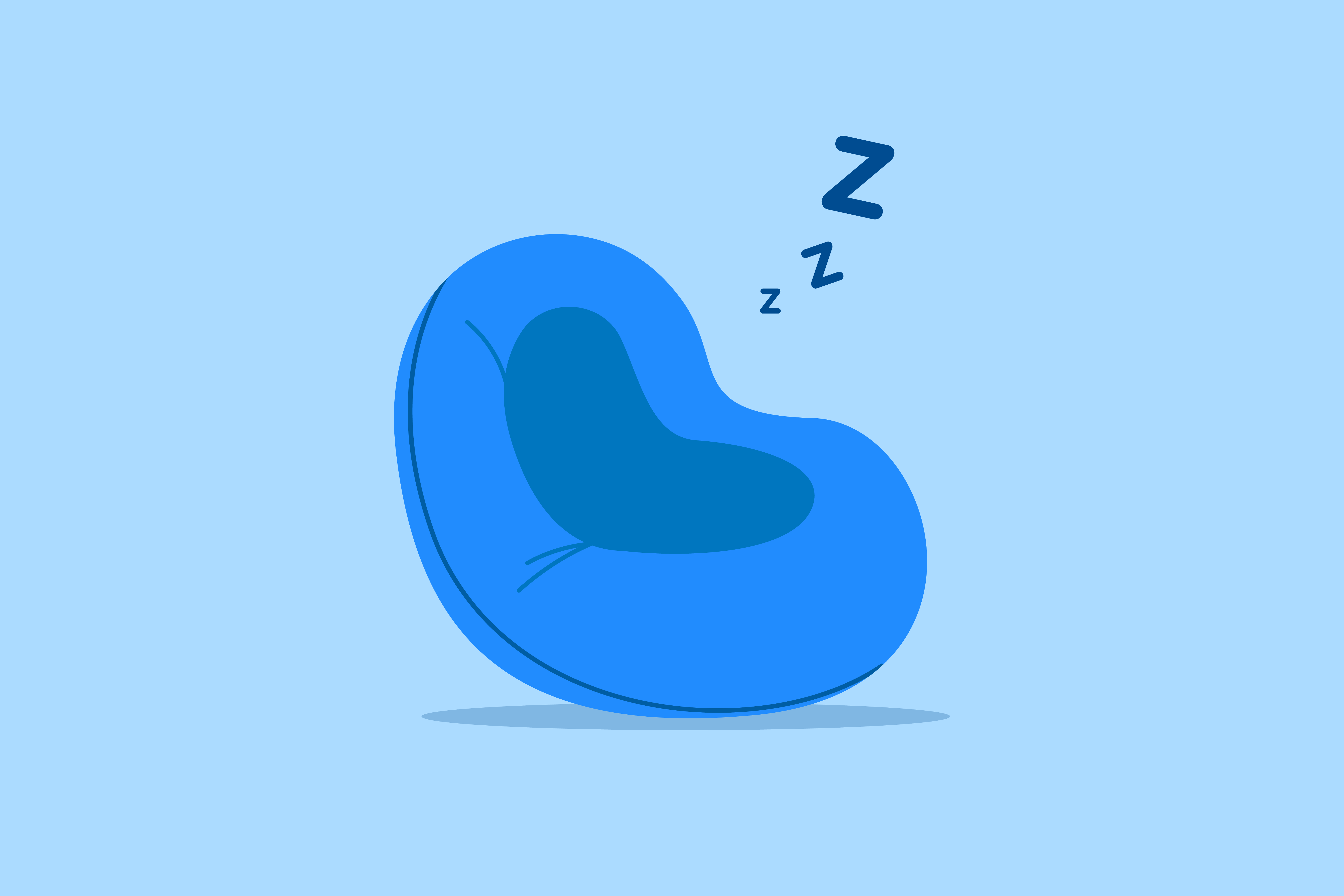Key Takeaways
- Psychological Factors and Restless Sleep: Stress, anxiety, and depression can lead to racing thoughts and worry, making it difficult to relax and fall asleep. Addressing these underlying mental health conditions is crucial for improving sleep habits and overall sleep quality.
- Impact of Stimulants on Restless Sleep: Stimulants like caffeine can interfere with sleep quality, leading to tossing and turning, and difficulty falling back asleep. It’s important to be mindful of caffeine and nicotine intake, especially close to bedtime, and to create a sleep-friendly environment.
- Health Conditions and Restless Sleep: Conditions like sleep apnea, restless leg syndrome, chronic pain, and mental health issues can disrupt sleep patterns. Identifying and treating these underlying conditions is crucial for improving sleep quality and addressing restlessness during sleep.
Restless sleep, characterized by tossing and turning, racing thoughts, and difficulty falling and staying asleep, can significantly impact daily functioning and overall well-being. While not recognized as a sleep disorder, Verified Source Cleveland Clinic Ranked #2 hospital by U.S. News & World Report and one of the largest academic medical centers in America. The Cleveland Clinic serves patients from all over the world. View source understanding the causes of restless sleep is crucial in addressing this issue effectively.
This article explores the various factors contributing to restless sleep, including psychological factors, the impact of stimulants and sedatives such as a caffeine kick, underlying health conditions, and poor sleep habits. By understanding these causes, individuals can take proactive steps toward improving their sleep quality and overall well-being.
Psychological Factors Contributing to Restless Sleep
Psychological factors, Verified Source National Library of Medicine (NIH) World’s largest medical library, making biomedical data and information more accessible. View source such as stress, anxiety, and depression, can significantly contribute to restless sleep. When individuals experience high stress or anxiety levels, their minds become preoccupied with worry and racing thoughts, making it difficult to relax and fall asleep.Similarly, depression can disrupt sleep patterns and lead to poor sleep quality. These psychological factors and insufficient sleep can create a cycle of restless sleep and getting six hours of sleep or less per night, where poor sleep hygiene and disrupted sleep schedules further exacerbate mental health issues, causing more sleep disturbances.
Addressing these underlying mental health conditions is important to improve sleep habits and overall sleep quality. Seeking professional help from mental health professionals can provide guidance and support in managing stress, anxiety, and depression, which can alleviate restless sleep.
Additionally, practicing good sleep hygiene, such as establishing a consistent sleep schedule, creating a comfortable and peaceful sleep environment, and implementing relaxation techniques before bed, can reset a broken internal sleep clock & fix your sleep schedule, promoting better sleep and reduce the impact of psychological factors on sleep.
In some cases, underlying sleep disorders, such as insomnia or obstructive and central sleep apnea, may contribute to restless sleep. Identifying and treating these disorders is crucial for improving sleep quality and addressing the psychological factors affecting sleep. By addressing both the mental health and sleep aspects, individuals can work towards achieving restful and rejuvenating sleep.
Impact of Stimulants on Restless Sleep
Consumption of stimulants, such as caffeine, can significantly impact restless sleep. Restless sleep refers to the experience of tossing and turning, feeling half-asleep, constant stirring due to racing thoughts, frustration with the inability to sleep soundly, and difficulty falling back to sleep fast after waking up unexpectedly. Stimulants like caffeine can interfere with sleep quality and contribute to restless sleep.
Caffeine, commonly found in coffee, tea, energy drinks, and some medications, stimulates the central nervous system, increasing alertness and reducing drowsiness. Consuming too much caffeine, especially close to bedtime, can result in poor sleep, quality sleep, and sleep deprivation.
One reason people consume caffine is because it makes them more alert and perform better, but that’s not always the case. According to Dr. Zhang, “research has shown that people believe they had better performance on a motor task after drinking coffee, but they actually performed worse. Verified Source ScienceDirect One of the largest hubs for research studies and has published over 12 million different trusted resources. View source ”
There are many tips you can follow to sleep better at night.
Persistent restless sleep caused by excessive stimulant consumption can lead to excessive daytime sleepiness and impact overall well-being. It is important to be mindful of the amount of caffeine and nicotine consumed throughout the day, especially in the hours leading up to bedtime.
Creating a sleep-friendly environment and practicing good sleep hygiene can also help alleviate restless sleep caused by stimulants and reduce fatigue and excessive sleepiness during the day.
If persistent restless sleep continues to be a problem, seeking guidance from a healthcare professional or sleep medicine specialist is advisable. They can provide further evaluation and recommend appropriate strategies or treatments to improve sleep quality and address any underlying sleep disorders.
Health Conditions and Restless Sleep
Among the various factors contributing to restless sleep, certain health conditions can significantly disrupt sleep patterns and lead to a restless night’s sleep. Sleep disorders such as sleep apnea and restless leg syndrome are common culprits that can interfere with a person’s ability to get restful sleep.
Sleep apnea is characterized by pauses in breathing during sleep, which can cause frequent awakenings and daytime sleepiness. Restless leg syndrome, on the other hand, is a neurological disorder characterized by an irresistible urge to move the legs, often accompanied by uncomfortable sensations. Both conditions can disrupt the normal sleep cycle and prevent individuals from achieving deep, restorative sleep.
In addition to sleep disorders, other health conditions and mental health issues can also contribute to restless sleep. Chronic pain conditions like arthritis and fibromyalgia can cause discomfort and make finding the best sleep position difficult. Mental health issues such as anxiety and depression can lead to trouble sleeping due to racing thoughts and an inability to relax, making it challenging to fall asleep and stay asleep throughout the night.
Furthermore, unlike restless sleep, an inconsistent sleep schedule can result in poor-quality sleep and restlessness. Our bodies thrive on routine, and an irregular sleep schedule can disrupt our natural circadian rhythm and make it harder to fall asleep and stay asleep.
Effects of Poor Sleep Habits on Restless Sleep
Lack of consistent sleep routines and excessive use of digital devices are ruining your sleep when used in bed late at night. Poor sleep habits can significantly affect the quality of sleep and overall well-being. Here are five key effects of poor sleep habits on restless sleep:
- Disruption of sleep cycles: Inadequate sleep routines can disrupt the natural sleep-wake cycle, Verified Source National Library of Medicine (NIH) World’s largest medical library, making biomedical data and information more accessible. View source leading to difficulty falling asleep and staying in sleep problems throughout the night.
- Reduced deep sleep stages: Poor sleep habits can decrease the time spent in the four stages of sleep, which are crucial for physical restoration and memory consolidation.
- Decreased sleep duration: Irregular sleep patterns and use of sleep technology can shorten sleep duration, preventing individuals from achieving the recommended 7-9 hours of sleep per night.
- Increased sleep issues: Poor sleep habits can exacerbate existing sleep issues such as restless legs syndrome, making it more challenging to achieve a restful night’s sleep.
- Lack of relaxation and winding down: Neglecting a consistent bedtime routine and engaging in stimulating activities before bed can make it difficult to relax and prepare the mind and body for sleep.
To improve restless sleep, practicing good sleep hygiene tips is essential. This includes establishing a consistent sleep schedule, creating a relaxing bedtime routine, avoiding electronic devices in bed, and keeping a sleep journal to identify patterns of sleep disturbances and potential triggers for restless sleep. Individuals can promote better sleep quality and overall well-being by prioritizing healthy sleep habits.
Other Factors Affecting Restless Sleep
Stress, poor sleep environment, and certain medications are among the other factors that can affect or experience restless sleep. Stress significantly disrupts sleep patterns, making it difficult to fall asleep and stay asleep.
An environment that is not conducive to sleep, such as excessive noise andlight, uncomfortable bedding, or improper temperature, can also contribute to restless sleep (Learn how to block out noise while sleeping). Additionally, certain medications, such as those used to treat allergies, high blood pressure, or depression, can interfere with sleep and result in tossing and turning throughout the night.
Another factor that can affect restless sleep is electronic devices emitting blue light which can disrupt your sleep. The blue light emitted by electronic devices, such as smartphones, tablets, and computers, can suppress the production of melatonin, the hormone that regulates sleep. This disruption to the natural circadian rhythm can make it challenging to fall asleep and stay asleep.
To improve restless sleep, it is important to create a sleep-friendly environment by ensuring a comfortable and quiet sleep environment, avoiding electronic devices before bedtime, and practicing relaxation techniques to reduce stress.
Restless Sleep in Infants, Toddlers, and Children
Restless sleep in infants, toddlers, and children can be influenced by various factors such as separation anxiety, overstimulation, poor sleep habits, regular infant sleep pattern changes, or underlying sleep disorders. It is important to address these issues as they can impact the child’s overall well-being and development. Here are some key points to consider:
- Separation anxiety: Infants and toddlers may experience anxiety when separated from their caregivers, leading to restlessness during sleep.
- Overstimulation: Children can become overstimulated before bedtime, making it difficult to calm down and fall asleep.
- Poor sleep habits: Irregular sleep schedules, late-night electronic device use, and inconsistent bedtime routines can contribute to restless sleep in children.
- Underlying sleep disorders: Conditions such as sleep apnea or restless leg syndrome can disrupt a child’s sleep, causing restlessness and frequent awakenings.
- Circadian rhythm: Children have different sleep needs and patterns than adults. Understanding their natural sleep-wake cycles can help establish healthier sleep routines.
Restless Sleep in Teens and Adults
The prevalence of adult and teen sleep deprivation has been a growing concern due to various factors affecting their sleep quality and overall well-being. Many individuals in these age groups experience restless sleep, leading to tiredness, impaired mental function, and even pose risks while driving or operating heavy machinery.
Restless sleep refers to the experience of tossing and turning, constant stirring due to racing thoughts address restless sleep, frustration with inability to sleep soundly, and difficulty falling back asleep after waking up unexpectedly.
Addressing restless sleep in teens and adults requires identifying and addressing the underlying causes. Stress, anxiety, poor sleep habits, medical conditions, and lifestyle choices can contribute to restless sleep. To improve sleep quality and prevent tossing and turning, individuals can practice strategies to fall asleep easily and maintain proper sleep hygiene. This includes maintaining a consistent sleep schedule, creating the perfect sleep environment, avoiding stimulants like caffeine and nicotine, and practicing relaxation techniques before bed.
If restless sleep persists or worsens, it is important to seek medical advice. Consulting with a doctor can help identify any underlying health conditions or problems that may contribute to restless sleep. Medical professionals can thoroughly assess medical history and lifestyle and, if necessary, recommend further tests such as sleep studies. Developing a treatment plan based on the diagnosis can help individuals achieve a good night’s rest and improve their overall health and well-being.
Restless Sleep in Seniors: Unique Challenges and Solutions
Restless sleep in seniors presents distinct obstacles that require tailored approaches and interventions. As individuals age, they often experience changes in their sleep patterns, making it more difficult to achieve a peaceful and refreshing night’s restful sleep afterward. Seniors may face unique challenges when it comes to sleep, including:
- Disruptions in sleep hormones due to the body’s broken internal clock: : The natural sleep-wake cycle, also known as the circadian rhythm, can become disregulated seniors, which can lead to difficulty falling asleep and staying asleep throughout the night. Additionally, the hormonal changes that occur during menopause, primarily the decrease in estrogen and progesterone, can lead to sleep disruptions, according to Dr. Zhang.
- Frequent tossing and turning at night: Seniors may experience increased restlessness, leading to more tossing and turning in bed. This can further disrupt their sleep and prevent them from achieving deep, restorative sleep.
- Increased susceptibility to sleep disorders: Older adults are more prone to developing sleep disorders such as sleep apnea, restless leg syndrome, and insomnia. These conditions can contribute to restless sleep and require specific treatments.
- Medication side effects: Seniors often take multiple medications, and some of these medications can interfere with sleep patterns. It is important to carefully manage medication use to minimize any negative effects on sleep.
- Age-related health issues: Chronic pain, hormonal changes, and other age-related health conditions can contribute to restless sleep in seniors. Addressing these underlying health issues can help improve sleep quality.
To address these challenges and promote better sleep in the age group of seniors, tailored solutions are necessary. This may include creating a comfortable sleep environment, establishing a consistent bedtime routine, practicing relaxation techniques, and seeking medical advice to address any underlying health conditions or sleep disorders. By implementing these strategies, seniors can improve their sleep quality and enjoy a good night’s rest.
Frequently Asked Questions
How do I stop restlessness in my sleep?
Finding consistency in your sleep schedule, nighttime rituals, diet, and exercise are important places to start when seeking healthy sleep advice. Finding the ideal mattress for your needs and creating a peaceful, distraction-free bedroom can lessen the likelihood that you will experience restless nights.
Why do I wake up at 3 a.m. every night?
The effects of medication, a bright bed window, poor sleep hygiene, external cues like noises or pain, the need to use the restroom, or a low sleep drive are a few of the underlying causes of the habit of waking up around 3 a.m.
Why can’t I sleep even though I’m tired?
If you’re exhausted but unable to fall asleep, your circadian clock may not function properly. However, poor napping habits, worry, sadness, caffeine use, blue light from devices, sleep disorders, and even food can contribute to daytime sleepiness and nighttime vigilance.
Is it normal to wake up multiple times at night?
A few nighttime awakenings are very natural. You may not be getting enough sleep if you have trouble falling back to sleep or wake up frequently. Your environment, nutrition, medications, emotional state, or physical condition may affect just how much restless or well you sleep.
Conclusion
Restless sleep can be caused by various factors such as stress, anxiety, poor sleep habits, underlying medical conditions, and lifestyle choices. Stimulants like caffeine and taurine, as well as alcohol and sedatives, can disrupt normal sleep cycles and contribute to restlessness. Health problems such as pain, frequent urination, lung diseases, and heart problems can also interrupt sleep.
Individuals can improve their sleep quality and overall well-being by addressing these underlying issues and implementing healthy sleep practices.
About the author
Eric Ridenour is a health and wellness writer with a strong focus on sleep and nutrition. With a background in health science and psychology, Eric has a deep understanding of the connection between sleep and overall well-being. His expertise has been sought by various businesses and individuals, and his work has been featured in reputable publications such as Thrive Global, Drug Report, and Authority Magazine. Eric's commitment to promoting better sleep and comprehensive wellness is evident in his writing and consultations. He is a published author working on his second book.
View all posts